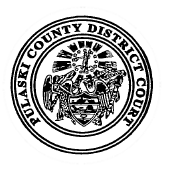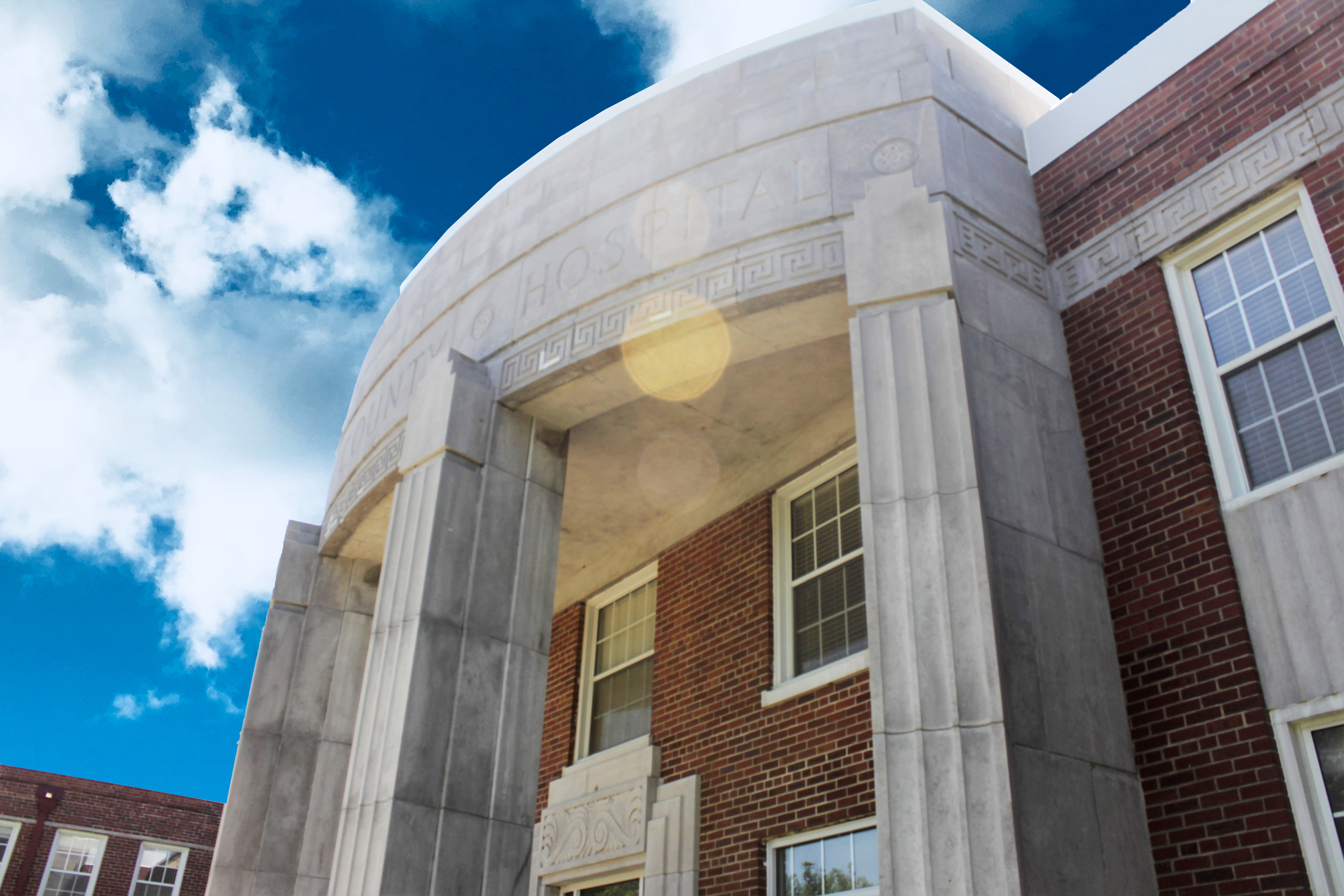Mission Statement
Pulaski County District Court Sobriety Court aims to improve community safety and reduce DWI recidivism by user best practices in providing a comprehensive, timely rehabilitation program for DWI offenders
COVID-19 Recovery Support Resources
Alcoholics Anonymous Online Intergroup – Offers online AA meetings
Narcotics Anonymous Online Intergroup – Offers online NA meetings
A-CHESS: Comprehensive Health Enhancement Support System – App tracks sobriety, provides e-therapy, connect with peers and providers, journaling, and motivational content
LifeRing – Offers secular recovery online meetings
In the Rooms – Offers a sober online community with online meetings. Members have access to over 130 live online meetings with many fellowships
Step Away iPhone App – Offers support through cravings and high-risk situations
SMART Recovery – Offers online recovery meetings
MyStrength – Offers help to manage depression, anxiety, and substance use disorder
Centerstone Military Services – Offers online classes and support groups for veterans
WeConnect + Unity Recovery – Offers online recovery support group
The Program
The program is designed to assist participants in maintaining sobriety through a team approach.
A phase process each participant is required to complete, is reviewed by the DWI/Sobriety Court Team regularly.
Participants must comply with the following:
– Random drug/alcohol screens
– Participation in Therapeutic services, as deemed appropriate
– Regular court reviews
– Maintain employment
Program length is approximately 12 months based upon participant progress.
Referral Process
1. Referral Form completed by the defense attorney or DWI team member and provided to DWI Court Probation Officer.
2. DWI Court Probation Officer will set an interview appointment with prospective client.
3. DWI Court Probation Officer will email the DWI Court Team with the results of the interview, and screening with RCA will be scheduled.
4. If accepted, the DWI Probation Officer will meet with the client and complete the following:
-Intake Packet
-All Release Forms
-Schedule a Substance Assessment by RCA
-Provide a Participant Handbook
-Provide the next DWI Court Date
5. If admission is denied, the DWI Probation Officer will inform the defendant’s attorney.
Eligibility Criteria
To be eligible, the following criteria must be met:
1. Offense- Conviction of DWI2nd, DWI3rd, or DWI1st with BAC of .25 or greater
2. Resident of Pulaski County
3. Must be 18 years old or older
4. No history of violent crimes
5. Be physically and mentally able to participate in Sobriety Court Program
Phase Requirements
NOTE: This is a brief description of the phase requirements. Additional requirements are required for each phase. The DWI Court Probation Officer will review ALL requirements with prospective clients. Additional requirements may be required at the discretion of the Court.
Phase I (Introductory Phase)
1 Month
1 Try, Show up and be honest
2 Two weekly random drug/alcohol tests
3 Attend all Review Hearings
4 Follow Treatment Plan
5 Obtain Medical Assessment as directed by treatment provider
6 Attend 3 AA/NA or like programs each week
7 Attend weekly group, and or/personal counseling session as recommended by treatment provider
8 Be employed, in school or seeking employment
9 Demonstrate a commitment to sobriety (Goal of No Failed PBT/UA tests)
Phase II
3 Months
1 Contact with Court one to two times per week
2 Weekly random drug/alcohol screens
3 Continued attendance at review hearings
4 Obtain AA/NA sponsor
5 Actively working the 12 step program -Report on current step
6 Continued recommended treatment sessions with service provider
7 Be employed, in school or seeking employment
8 Demonstrate a commitment to sobriety (No Failed PBT/UA tests)
9 Reside in a safe environment that supports recovery
10 Random home visits by probation/law enforcement officers
Phase III
3 Months
1 Contact with Court one to two times per week
2 Weekly random drug/alcohol screens
3 Continued attendance at review hearings
4 Attend at least 3 AA/NA meetings per week
5 Actively working the 12 step program -Report on current step
6 Continued recommended treatment sessions with service provider
7 Be employed, in school or seeking employment
8 Demonstrate a commitment to sobriety (No Failed PBT/UA tests)
9 Reside in a safe environment that supports recovery
10 Random home visits by probation/law enforcement officers
11 Establish a peer recovery network
12 Engage in a non-alcohol/drug related pro-society activity
Phase IV
3 Months
1 Contact with Court one to two times per week
2 Weekly random drug/alcohol screens
3 Continued attendance at review hearings
4 Attend at least 3 AA/NA meetings per week
5 Actively working the 12 step program -Report on current step
6 Continued recommended treatment sessions with service provider
7 Be employed, in school or seeking employment
8 Demonstrated a commitment to sobriety (No Failed PBT/UA tests)
9 Reside in a safe environment that supports recovery
10 Random home visits by probation/law enforcement officers
11 Establish a peer recovery network
12 Engage in a non-alcohol/drug related pro-society activity
13 Develop and discuss with group a plan for self-directed community service
Graduation
Participants are eligible to graduate after the following:
-Successful Completion of each phase of the program
-Demonstrated Sobriety for at least 120 consecutive days
-Participants have a support system in place
– The DWI/Sobriety Court Team determines you are suitable for graduation
Click HERE to access additional
available resource information.
Click HERE to print additional
AA/ 12 Step Meeting Attendance List.

